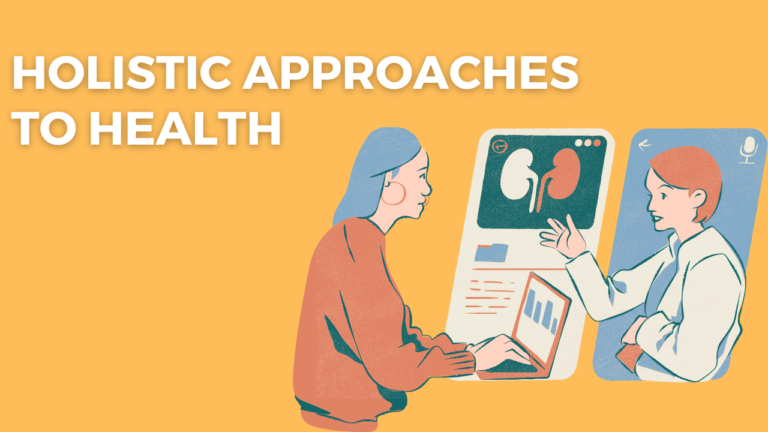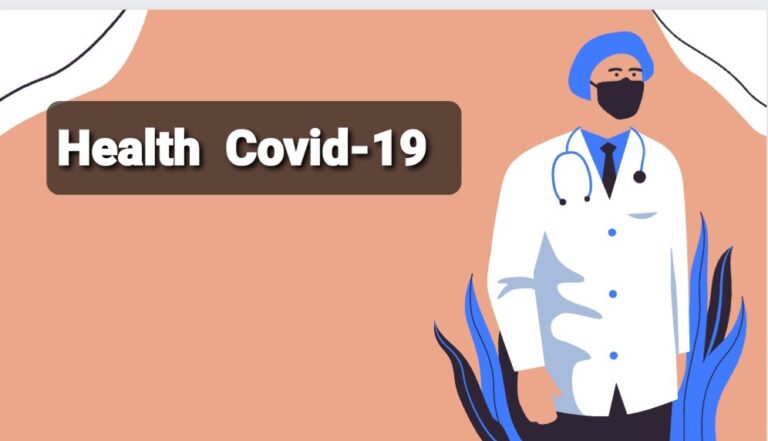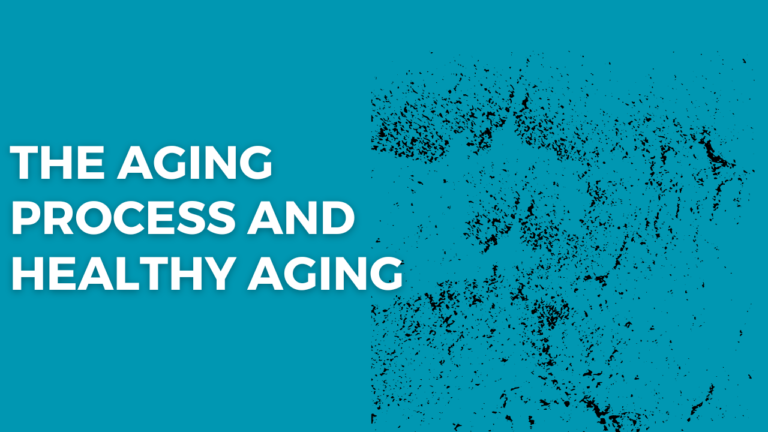Health & Medicine: Bipolar Depression Treatment 20 points

Bipolar depression is a complex mental health condition that requires a comprehensive treatment approach. Here are 20 points outlining various aspects of bipolar depression treatment:
- Accurate Diagnosis: Proper diagnosis is crucial for effective treatment. A qualified healthcare professional will assess symptoms, medical history, and conduct psychological evaluations.
- Medication: Medication is often prescribed to stabilize mood and manage symptoms. Mood stabilizers, antidepressants, and antipsychotics may be used depending on the individual’s needs.
- Psychotherapy: Different types of therapy, such as cognitive-behavioral therapy (CBT) and dialectical behavior therapy (DBT), can help individuals better understand their condition and develop coping strategies.
- Lifestyle Modifications: Maintaining a regular sleep schedule, engaging in regular exercise, and adopting a healthy diet can contribute to overall well-being and support treatment.
- Support System: Building a strong support network of family, friends, and professionals is crucial. They can provide emotional support and assist in recognizing potential triggers or warning signs.
- Psychoeducation: Learning about bipolar disorder and its management can empower individuals to take an active role in their treatment and make informed decisions.
- Self-Care: Prioritizing self-care activities like relaxation techniques, hobbies, and stress reduction can help manage symptoms and promote overall mental well-being.
- Avoiding Triggers: Identifying and avoiding triggers, such as substance abuse, excessive stress, or disrupted sleep patterns, can help prevent mood episodes.
- Mood Tracking: Keeping a mood diary or using mood tracking apps can help individuals monitor mood changes, identify patterns, and communicate effectively with healthcare providers.
- Social Rhythm Therapy: Establishing and maintaining a regular daily routine can help stabilize mood and prevent episodes of depression or mania.
- Electroconvulsive Therapy (ECT): In severe cases or when other treatments are ineffective, ECT may be considered. It involves the use of controlled electric currents to induce seizures, which can alleviate mood symptoms.
- Transcranial Magnetic Stimulation (TMS): TMS is a non-invasive procedure that uses magnetic fields to stimulate specific regions of the brain. It has shown promise in treating bipolar depression.
- Support Groups: Joining support groups or participating in online communities can provide a sense of belonging and understanding, allowing individuals to share experiences and gain support from others who are going through similar challenges.
- Stress Management: Developing effective stress management techniques, such as mindfulness, relaxation exercises, or seeking counseling, can help reduce the impact of stress on mood symptoms.
- Dual Diagnosis Treatment: For individuals with co-occurring substance use disorders, integrated treatment that addresses both conditions simultaneously is often necessary for successful recovery.
- Regular Check-ins: Regular follow-up appointments with healthcare providers are essential to monitor treatment progress, adjust medications if needed, and address any concerns.
- Crisis Plan: Creating a crisis plan with healthcare professionals and loved ones can help prepare for potential mood episodes and outline steps to take in case of an emergency.
- Healthy Relationships: Building and maintaining healthy relationships can provide stability and support during challenging times. Couples therapy or family therapy may be beneficial.
- Avoiding Alcohol and Drugs: Substance abuse can worsen bipolar symptoms and interfere with treatment effectiveness. It is crucial to abstain from alcohol and illicit drugs.
- Continual Learning: Staying informed about new research, treatment options, and advances in bipolar disorder can help individuals and their support systems make informed decisions about treatment.
Remember, each individual’s treatment plan may vary, and it’s essential to consult with healthcare professionals to develop a personalized approach.





